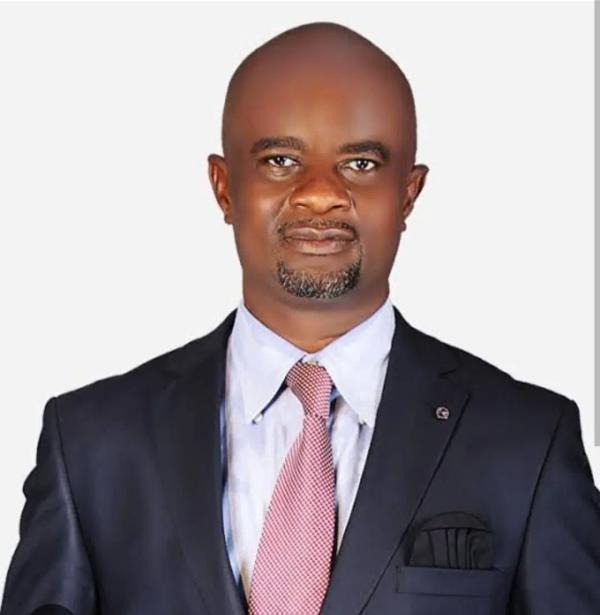By Toyin Adebayo, Abuja
The Association of Community Pharmacists of Nigeria (ACPN) has called for urgent government intervention and sanctions against pharmaceutical companies and individuals allegedly involved in illegal drug distribution within several Federal Health Institutions (FHIs).
In a strongly-worded statement, the National Chairman of the association, Pharm. Ezeh Ambrose Igwekamma, accused some pharmaceutical firms of operating unlawfully within public hospitals, often with the tacit approval of hospital management and regulatory agencies.
Igwekamma decried what he termed a “persistent culture of disregard for the law,” stating it is a “travesty of justice” that institutions mandated to uphold regulations have become enablers of illegal operations.
He specifically alleged that the Federal Ministry of Health (FMoH) has turned a blind eye as unregistered private pharmacy operators take over drug distribution activities in federal hospitals under questionable Public-Private Partnership (PPP) arrangements.
The ACPN chairman faulted the Ministry’s past experiments with models like Medipool, describing them as unlawful ventures that created significant loopholes in Nigeria’s public drug distribution system.
Violations of Statutory Frameworks
Igwekamma emphasized that the legally recognized framework for managing drug supplies in public hospitals remains the Drug Revolving Fund (DRF), established under Decree 43 of 1989 (now Cap 252 LFN 2004), which legally empowers pharmacists to oversee procurement, distribution, and management.
He, however, lamented that the DRF system has been undermined by the alleged mismanagement of hospital Chief Medical Directors (CMDs) and Medical Directors (MDs), leading to recurring drug stock-outs and unstable availability.
Citing the DRF project at the National Orthopaedic Hospital, Igbobi, as a success model, he noted that under pharmacists’ leadership, the department built a ₦200 million pharmacy complex in 2014 without compromising the DRF account—an achievement he claimed remains unmatched.
Catalogue of Legal Breaches
The ACPN listed numerous institutions, including the University College Hospital (UCH) Ibadan, National Hospital Abuja, and several Federal Medical Centres, as hosting what it deems illegal PPP pharmacy models.
The association outlined multiple alleged breaches of the Pharmacy Council of Nigeria (PCN) Act 2022, including:
· Operation of unregistered and uninspected pharmacies (Section 22(1)).
· Running private pharmacies inside public health facilities (Section 27(5)).
· Operating pharmacies not under the direct control of a superintendent pharmacist (Section 29).
Igwekamma further revealed that over 20 pharmacy premises under these PPP arrangements are unregistered, alleging that one “particularly aggressive company” in Lagos has taken over a major teaching hospital’s pharmacy unit while “dropping names of senior government officials to legitimize its activities.”
Ultimatum and Call to Action
The ACPN has issued an ultimatum to all superintendent pharmacists whose licences are being used for such arrangements to regularize their status by the end of 2025 or face disciplinary action in 2026. The association also vowed to pursue sanctions under the Consumer Protection and Trade Malpractices Act.
Reaffirming its commitment to drug security, the ACPN called for strengthened local manufacturing, transparent procurement, and the protection of DRF accounts.
The association urgently called on President Bola Ahmed Tinubu to call the Coordinating Minister of Health and Social Welfare to order, warning that the current “government-induced chaos” in drug distribution is a direct threat to public health.
“We must restore sanity, legality, and professionalism in drug distribution in the public sector,” Pharm. Ezeh declared. “The health of the Nigerian people depends on it.”

